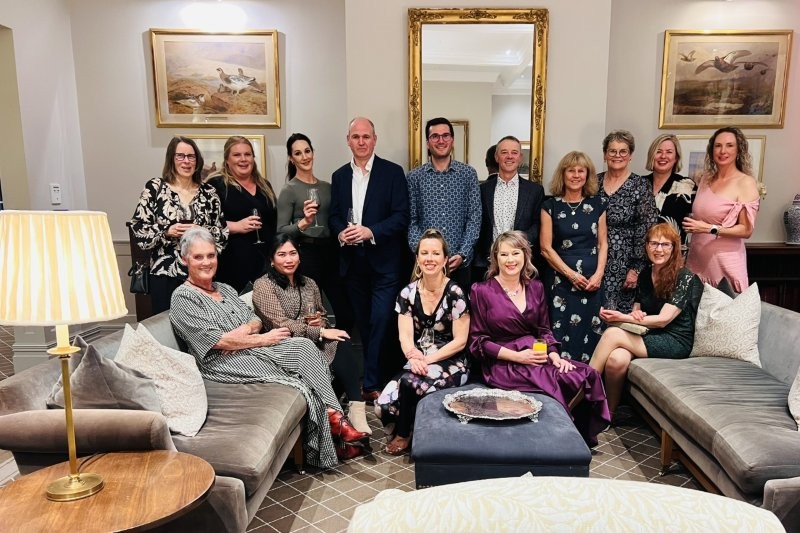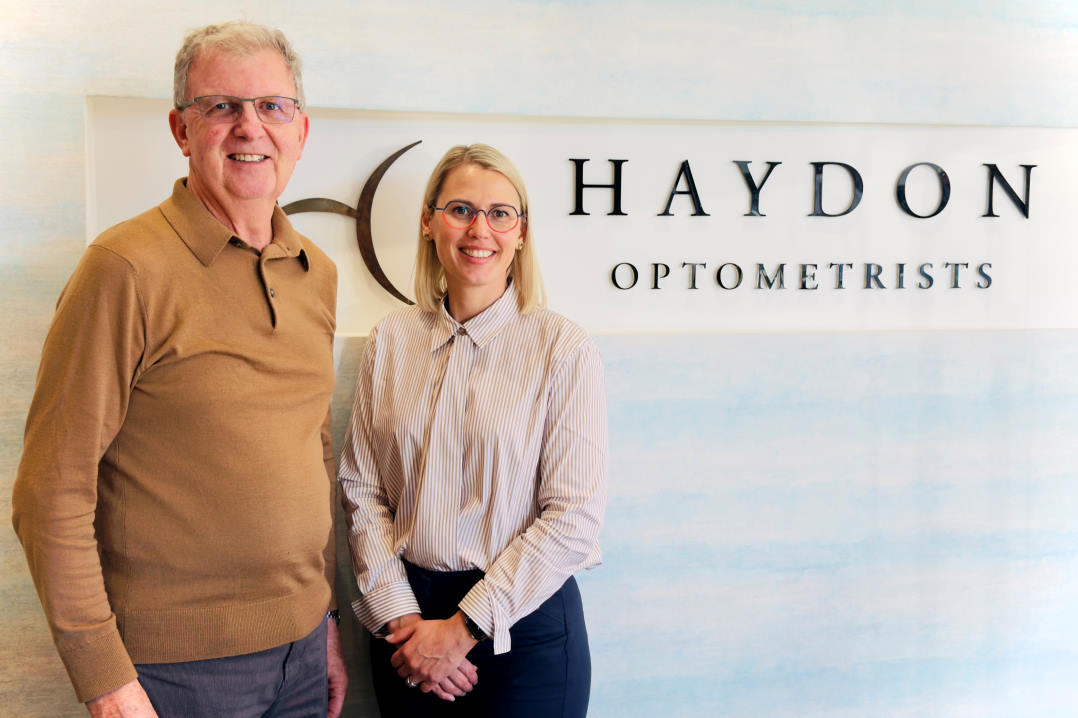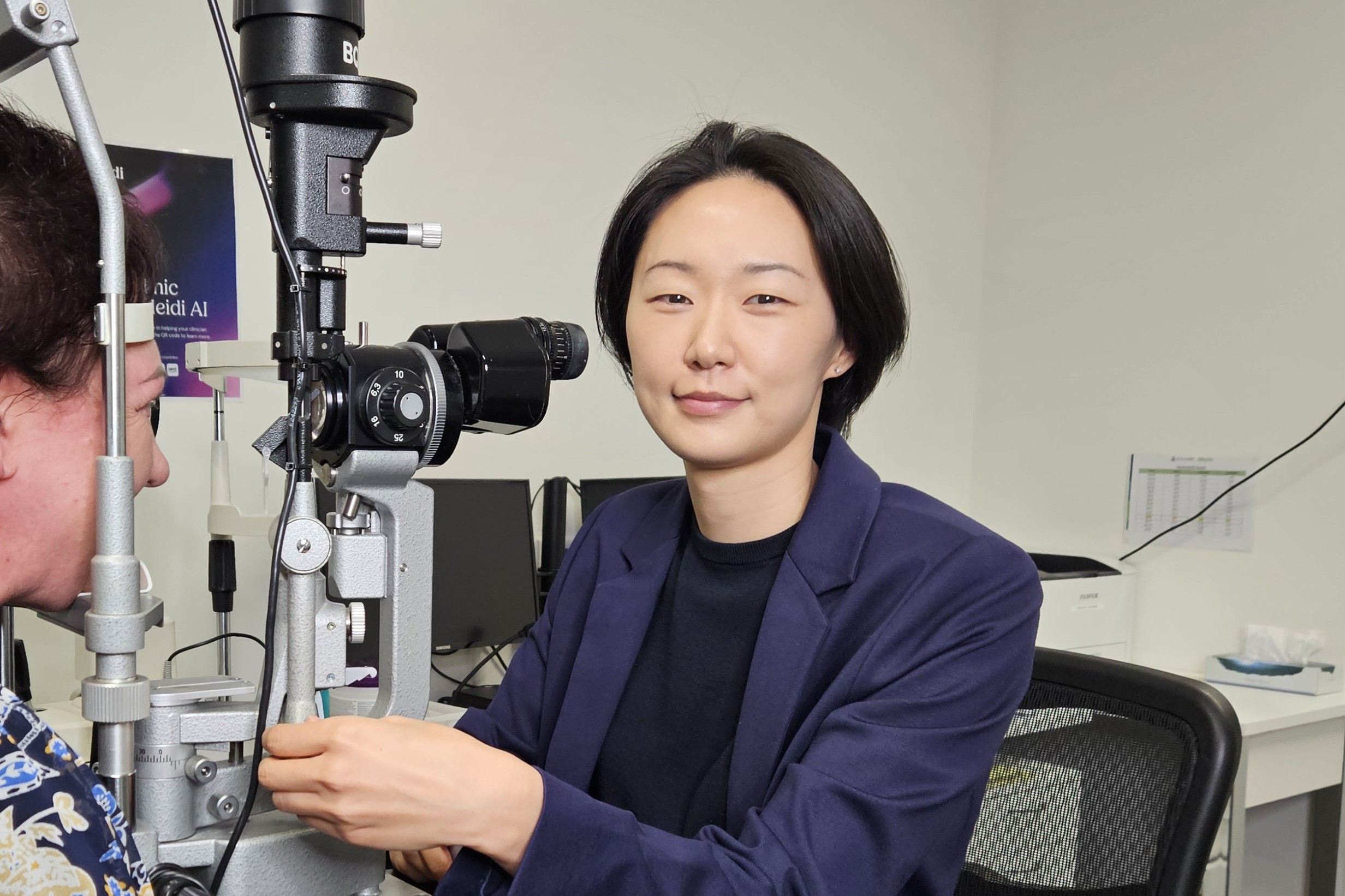CLs better with mask wear
A new study confirmed that contact lenses (CLs) offer a better experience than spectacles when paired with face masks, likely improving adherence to mask use.
The study, conducted by Eurolens Research at the University of Manchester, noted that, “Since mask wear became widespread in early 2020, anecdotal reports of problems with fogging when wearing spectacles have been common. Our work agreed with these reports and revealed additional aspects of mask wear that favour contact lens prescribing,” said lead author Dr Carole Maldonado-Codina, senior lecturer in optometry at the University of Manchester.
Thirty study participants – all habitual spectacles wearers with no history of contact lens use – were randomised to continue in spectacles (n=15) or wear somofilcon A daily disposable contact lenses (n=15). A surgical face mask was worn for at least an hour per day on four or more days per week. After two weeks, participants completed the Quality of Life Impact of Refractive Correction (QIRC) questionnaire and a two-part face mask usability questionnaire, as well as assessing their ocular-related symptoms with visual analogue grading scales (VAS).
Individual QIRC responses showed statistically significant differences for enjoying outdoor activities, participating in fitness activities and being able “to do the things you want to do.” Better scores were observed for the CL group. Subjective VAS scores at follow-up visits indicated significantly greater scores for the somofilcon A daily disposable CLs compared with the spectacle group for distance vision, near vision, glare, fogging, restricted field of view and peripheral blur. No differences were observed between groups for dryness, comfort, or redness.
“Eyecare professionals should consider discussing these findings with their patients, even those who have never tried contact lenses before. Even if patients love their spectacles, there is an opportunity for dual wear, swapping their frames for contact lenses when they’ll be wearing a mask,” said Dr Maldonado-Codina.
The study was supported with a grant from CooperVision.





















